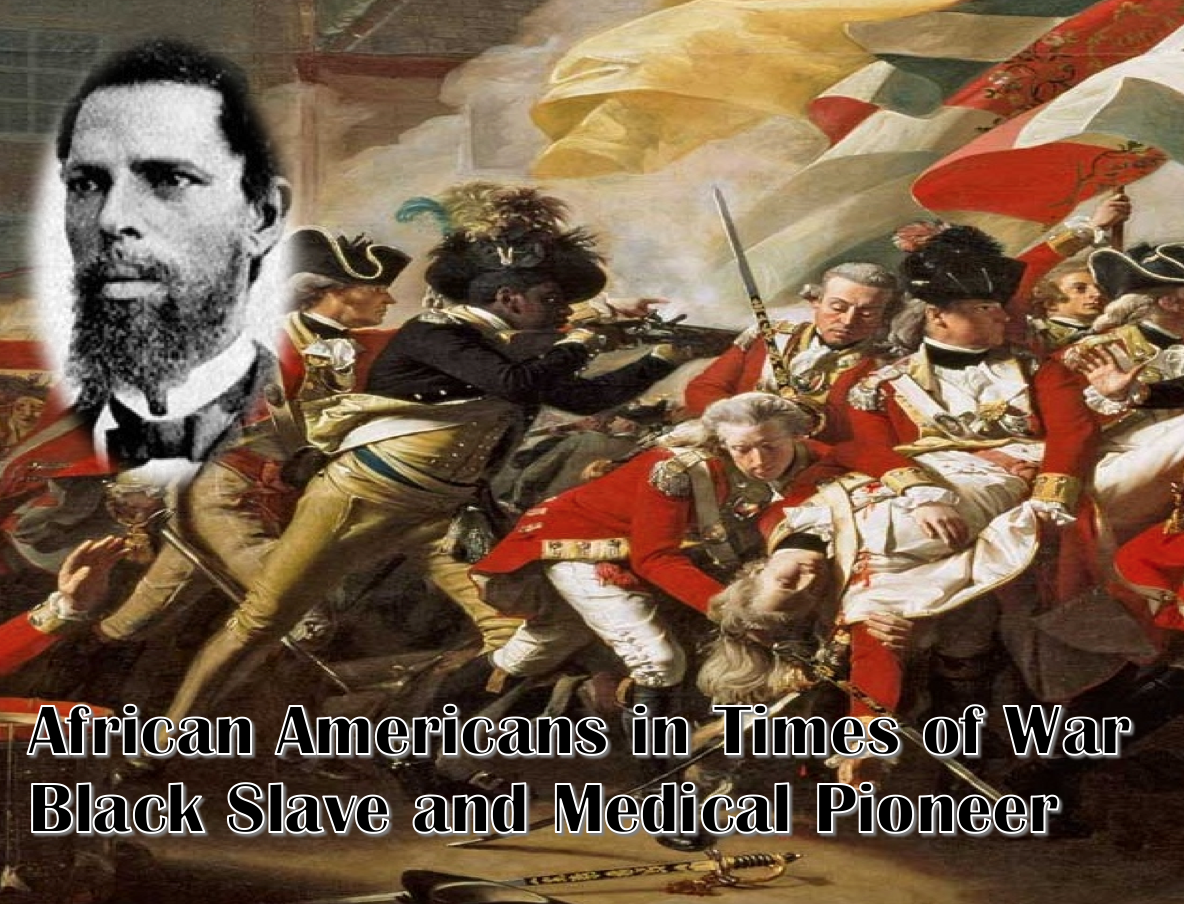This year’s national theme for Black History Month is “African Americans in Times of War”. The nation is called to reflect on Blacks contribution to American war on this year’s 100th anniversary of World War 1 (WW1). WW1 was fought in 1914 after the assassination of Archduke Franz Ferdinand, heir to the Austro-Hungarian Empire. The assassination was blamed on the Serbian government resulting in the Austro-Hungarian declaration of war during which the Central Powers including Germany, Austria-Hungary, Bulgaria and the Ottoman Empire fought against the Allied Powers of Great Britain, France, Russia, Italy, Romania, Japan and the United States. Technological advancements of this time period caused unprecedented levels of destruction leaving more than 16 million civilians and soldiers dead by its end in 1918.
During the 18th century many Blacks were still seeking their place within the fabric of American society. The great Migration of 1910 spread many Blacks up North in search of jobs while race riots killed many. prior to the United Stated entry into WW1 due to President Woodrow Wilson’s adoption of neutrality policies, 40 Blacks had been killed in the East St. Louise Race Riots of 1917. The riots had been a result of tensions built up from white resentment of Blacks working in wartime industry. Irrespective of the threatening circumstances, there were many contributions that Blacks made through their work during times of war, many of whom didn’t even step onto the battlefield.
Inoculation was Introduced to America by a Slave
Onesimus, a slave and medical pioneer was born in Africa during the late 17th century and enslaved in Boston, Massachusetts by Cotton Mather. Onesimus later purchased his freedom in 1716 and was taught to read and write. While enslaved Onesimus taught Mather about a centuries old method practiced in Africa for avoiding illness, making a healthy person immune by scratching the illness into the skin with material from an infected person. In 1716, a letter to the Royal Society of London, Mather proposed “ye Method of Inoculation” as a method for treating smallpox. He also stated that he had learned the method from “my Negro-Man Onesimus, who is a pretty Intelligent Fellow” (Winslow, 33). Although inoculation was fiercely opposed politically, religiously and socially in the United States, Mather convinced, “Dr. Zabdiel Boylston to experiment with the procedure when a smallpox epidemic hit Boston in 1721 and over 240 people were inoculated…only 2% of patients requesting inoculation died compared to the 15% of people not inoculated who contracted smallpox.” In addition to saving hundreds from the smallpox epidemic in Boston, Onesimus’ traditional African practice was also used on American soldiers during the Revolutionary War.
In the America Revolution, gaining freedom was by far the most motivating factor of Blacks fighting in either side. There were more than 500,000 Blacks living in the colonies, the majority of them enslaved. However by the 1760s colonists began to speak out against British tyranny. The contradiction has been noted time and again, but the failure for colonists to see their hypocritical actions in claiming freedom on the backs of an enslaved group was ridiculous. There were several British ministers that who’d questioned the morality of slavery but they were widely ignored by the majority. Regardless of the stakes, talk about liberty gave thousands of slaves the false expectation of their freedom, many took the call a step further hoping that their involvement would guarantee their liberty. Others were sent as victims, as a substitute for master, many of whom preferred not to go to battle. However, by 1776 is was clear that the founding fathers talk of liberty did not include Blacks, many signed the “Declaration of Independence” while housing their own slaves whose independence they’d never considered. By the end of the war over 7,000 Blacks had served the American cause for independence, I’d argue none more than the medical contribution of Onesimus and our ancestors whose traditions continue to play a valuable role in the survival of this nation and its people.
Had race rioters known that the work of a Black slave would prevent hundreds of deaths in an attempt to secure American independence would they have been so resentful?
Probably.

